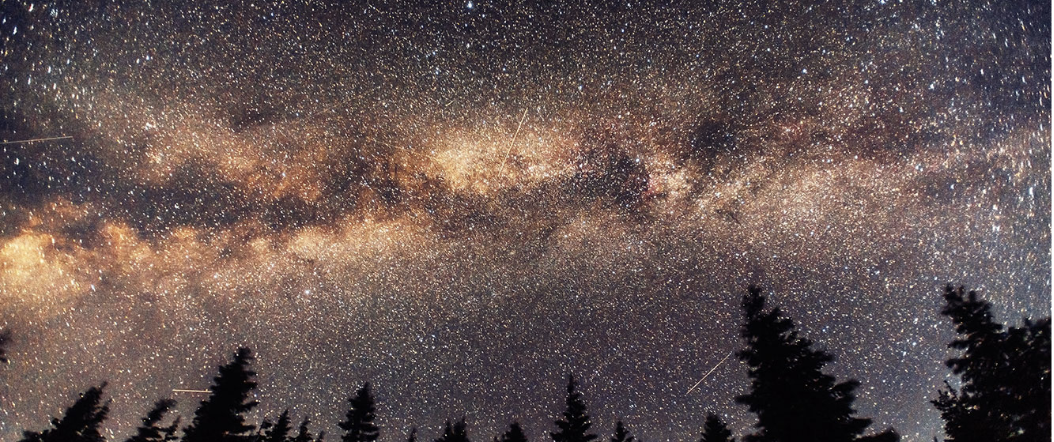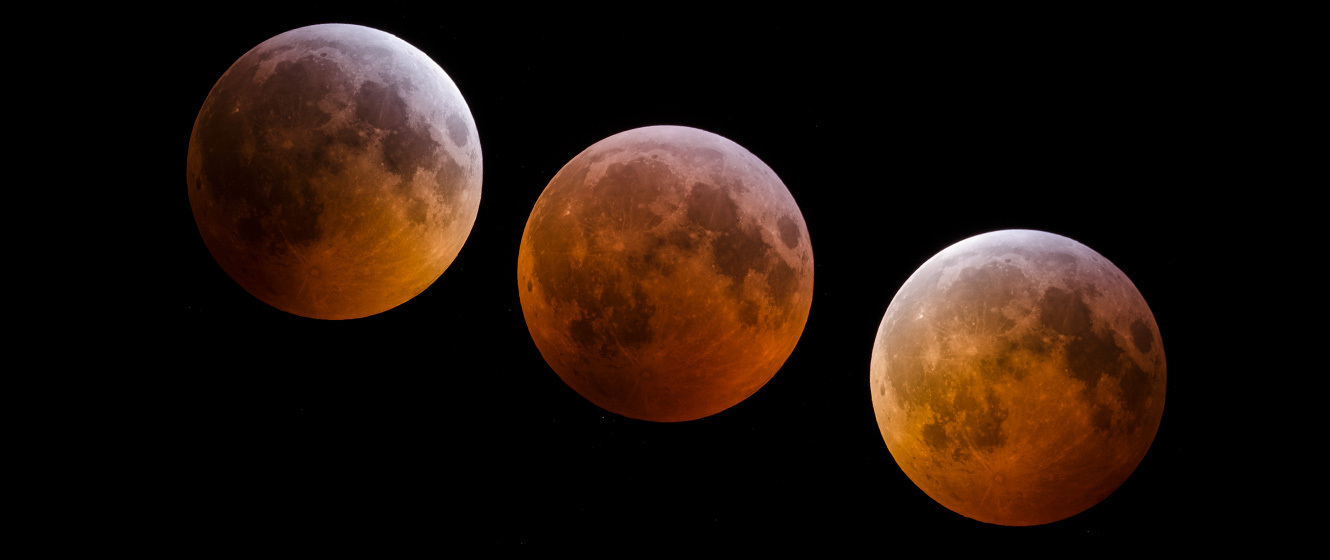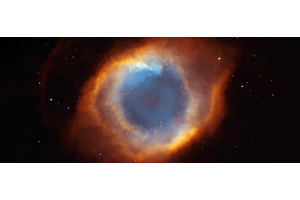Astronomy 101
Welcome to the fascinating field of astronomy, where our curiosity about the wonders of the cosmos is piqued by its immense size. These articles are meant to spark your interest in astronomy, regardless of your experience with stargazing. Ignite your passion for the celestial wonders above and gain insights into tips, theories, and precautions for an unforgettable stargazing experience!

What is Astronomy?
Astronomy, the oldest of the natural sciences, is a captivating exploration of the universe beyond our planet. It encompasses the study of celestial objects, such as stars, planets, galaxies, and the cosmic phenomena that define our existence. The night sky, a canvas of twinkling lights, has inspired humanity for millennia, prompting us to gaze upwards in wonder.
Stargazing is a hobby and a transformative experience connecting us to the cosmos. Imagine beholding Saturn's rings, the Moon's craters, or distant galaxies millions of light-years away. Astronomy allows us to witness the beauty of the universe and ponder our place within it.
Have you ever pondered over prevalent misconceptions about astronomy? High Point Scientific built the Astronomy 101 category as a home for impressive and informative articles that aim to educate readers about astronomy or its components. We envision divulging key facts about astronomy and answering lingering myths behind it.
Understanding the science behind these cosmic events enhances the awe and appreciation for the universe. Join us as we address common misconceptions about celestial phenomena and explore the scientific explanations illuminating the cosmos' mysteries.
Some Questions/Topics to Consider
Are Meteor Showers Are Rare and Unpredictable? Meteor showers are not as elusive as one might think. Contrary to the misconception that they are rare and unpredictable, certain meteor showers, like the annual Perseids, occur predictably each year. Get more context with High Point's brilliant collection of articles about meteor showers.
Does The Full Moon Cause Strange Behavior? A full moon does not induce erratic behavior in humans. Scientific studies have consistently debunked this myth, revealing no substantial evidence linking lunar phases to changes in human behavior. The full moon's luminosity can affect sleep patterns for some individuals, but claims of increased criminal activity or heightened emotional states lack empirical support. Let us provide you with more knowledge about the moon’s phases.
Do Blood Moons Herald Doomsday? "Blood Moon" often evokes apocalyptic imagery, fueling misconceptions about ominous events tied to lunar eclipses. In reality, a Blood Moon is a captivating result of Earth's atmosphere filtering sunlight during a lunar eclipse. The reddish hue occurs as sunlight refracts through Earth's atmosphere, casting a warm glow on the moon.

Interested in Getting Into Visual Astronomy?
At High Point Scientific, we advocate enriching astronomical experiences through knowledge and understanding. We invite enthusiasts to explore the cosmos with newfound clarity by dispelling common misconceptions about celestial phenomena. Embracing the science behind these celestial wonders enhances our connection to the universe, fostering a sense of wonder that transcends myth and aligns with the beauty of cosmic truth. Join us on this celestial journey, where science illuminates the mysteries of the cosmos, and the universe becomes a playground of knowledge and inspiration.
Our selection of telescopes and accessories is designed to cater to astronomers of all levels, from beginners to seasoned enthusiasts. Invest in a telescope that aligns with your interests, and let the cosmos unfold before you.
Remember this as you go out on your cosmic adventure: the universe is a huge, dynamic fabric of wonders. Every minute you spend stargazing expands your understanding of the universe's wonders and inspires awe that knows no bounds to space or time.
Choose your telescope, gather your accessories, and step outside into astronomy. The stars wait to tell their stories, and the planets are ready to unveil their secrets. Welcome to the adventure of a lifetime — welcome to the universe!






